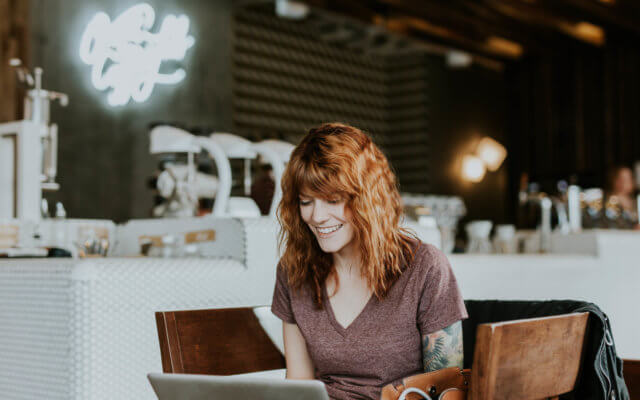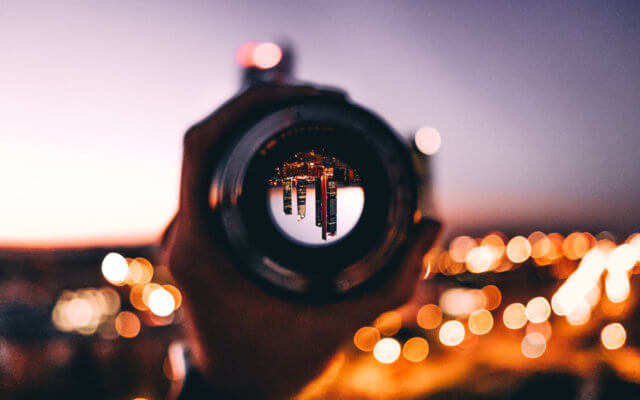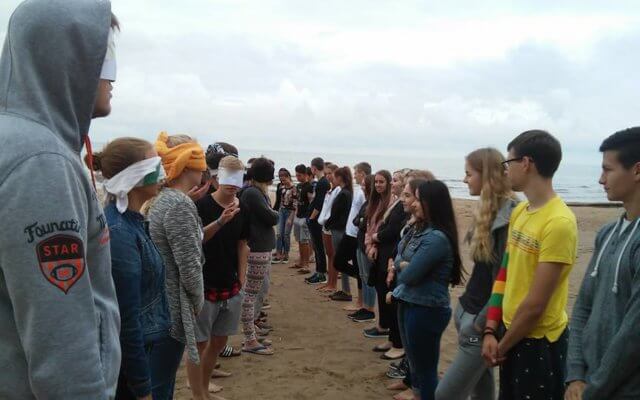Programme & action: ERASMUS+, Key Action 2: Capacity building in the field of youth
Venue: Varna, Bulgaria; Athens, Greece; Rome, Italy; Břeclav, Czech Republic; Madrid, Spain; Maribor, Slovenia
Dates: 1. 10. 2017 – 31. 9. 2019
Participating countries: Spain, Slovenia, Czech Republic, Italy, Greece, United Kingdom
Please read the info-pack. There were / will be the following mobilities during the project:
- Kick-off meeting – 11.-13. 10. 2017, Varna, Bulgaria, participants: Lucie Malinková, Karel Kepr
- Training course – 25.-29. 6. 2018, Athens, Greece, participants: Jakub Miklín, Kristýna Liptáková
- Training course – 4.-8. 11. 2018, Rome, Italy, participants: Jakub Miklín, Adéla Kalusová
- Training course – 9.- 13. 4. 2019, Břeclav, Czech Republic, participants: Jakub Miklín, Danijela Pernek
- Training course – 13.-17. 5. 2019, Madrid, Spain, participants: Jakub Miklín, Anežka Karpjáková
- Training course – 1.-5. 7. 2019, Maribor, Slovenia, participants: Jakub Miklín, Veronika Ormaniecová
Hosting organisation: Scientific and Research Association for Art, Cultural and Educational programmes and Technology EPEKA, Social Enterprise (EPEKA Association, Soc. Ent.)
One of the project results is a collection of good practices in education and support of adults with fewer opportunities, collected by the project’s partners. Examine them and get inspiration of what you can use in your own work!
Project information:
Summary of the project:
The Erasmus+ KA2 project “Education for Deeper Social Integration” is an Erasmus+ KA2 strategic partnership focusing on the exchange of good practices between partners, who work with adults with fewer opportunities. The project will focus on the exchange of good practices primarily between organisations working towards social integration and empowerement of Roma and/or refugees/migrants through education. Besides education in basic areas (e.g. language) we plan to stress the importance of learning intercultural skills, ICT and social entrepreneurship. The partners will share their experience, detect and analyse common interests and practices and try to construct ways of transferring them to other localities facing similar issues.
Objectives:
– detect good practices
– analyse and detect transferable methods and practices focusing on social integration of Roma and/or refugees
– increase professional capacities of partner organisations
– disseminate the results of the exchange to a wider range of institutions working in similar fields
– promote Erasmus+ as a crucial tool of fostering intercultural acceptance and life-long learning.
Official project’s website: http://edsi.si/
Report from the 6th meeting in Maribor, 1.-5. 7. 2019:
Between 1st and 5th July two youth workers from the Czech Republic attended the international training in Slovenia, which was a part of the project Education for Deeper Social Integration within the framework of Erasmus+ program. The main topic of this project was the social integration of adults, especially refugees and migrants, into mainstream society.During the project, we met many experts in the field of adult education and refugee integration coming from Slovenia, Greece, Bulgaria, Italy, Spain and Great Britain.
Mr. Žiga Dobnikar opened the session on Tuesday by welcoming the participants, asking them to introduce themselves and later he presented the work of EPEKA with focus on the active inclusion of vulnerable groups in social life and labor market. In general, the training agenda was consisting of presentations and visits to local and national good practices. We visited Slovenian Red Cross, Pekarna Magdalenske Mreže, Slovene Philanthropy, Odnos Association, Alternative cultural center Rog, Skuhna Social Enterprise and others. The majority of activities was held in Maribor with a 1-day excursion to the capital city of Slovenia, Ljubljana. The training exposed participants to a variety of new approaches and demonstrated concrete and practical results. Every study visit provided us with an excellent opportunity for discussion, exchange of ideas and practices and networking.
Let me sum up, that the training program was conducted successfully and all the participants took an active part in all the days of the training. I strongly believe that it was a very fruitful experience for all us who participated in the project.
Veronika Ormaniecová
Report from the 5th meeting in Madrid, 13.-17. 5. 2019:
From 13th to 17th May the project called Education for Deeper Social Integration was held in Madrid. The project was organized by a Spanish NGO Solidaridad sin Fronteras. Most of the participants were already NGO’s workers who are trying in the frame of their agenda to help members of minorities integrate into society. During the project, all of them had a chance to share their previous experiences, bits of knowledge and methods which they use.
Last two days we had also chance to visit a local school CiudadEscuela Muchachos (CEMU), which has the ultimate goal to integrate children who have had tough childhoods into society so that they too can serve as functioning members of their communities. During a visit, staffs introduced us the methods which they use to be as much as effective to help the children to integrate the local society. We also visited Guaraní Association, the Spanish NGO which dedicated to the promotion of the social inclusion of migrants and other groups at risk.
Anežka Karpjáková
Report from the 3rd meeting in Rome, 4.-8. 11. 2018:
Pasta, pizza and Colosseum.. Welcome in Rome. Place with friendly people, nice atmosphere and amazing Europe history. It was my pleasure to travel to Italy (Rome) with Jakub on the 3rd November. We were really excited about the KA2 project Education for Deeper Social Integration. There were two people from England, Spain, Greece, Slovenia and organizer Carlo from Italy.
What is KA2?
The Erasmus+ KA2 project is strategic partnership focusing on the exchange of good practices between partners, who work with adults with fewer opportunities. The project focused on the exchange of good practices primarily between organisations working towards social integration and empowerement of Roma.
First day of our project we were in Nonna Roma for the Food Distribution for homeless. The representative of this nongovernment organization told us their story. Story about passion how some locals young people wanted to change their home streets. They started to help homeless people giving them one bag of food every month. Now they cooperate with famous COOP and they are doing good job.
During our project we visited also secondary vocational school, Cooperative Montoni inside ELIS Centre, which has big support from many companies. The main goal is bring up a new workers to electro, automotive or IT industry. This school was particular example of positive impact of big companies in education.
In Cooperative FOLIAS for the social integration of disadvantages people, we had an unique chance to see how this institution works with their clients and we had here also traditional Italian pasta.
In our last excursion we visited ARCI Roma SPRAR nongovernment organization which make a big support for asylum seekers. Representatives from this NGO introduced us their activity and than they mediate interview with immigrants. We had a nice talk with them. After than we had bike tour into park in Rome and we saw also amazing Vatican City.
To sum it up, we saw many impacts of social inclusion in Italy. In my opinion this is really good experience not just for our working life but also for imagination how inclusion works in different country… and inspiration? 🙂
Thank you EYCB for this project!
Adéla Kalusová
Report from the 2nd meeting in Athens, 25.-30. 6. 2018:
The second meeting within the Erasmus+ KA2 project ‘Education for Deeper Social Integration’ took part during four days at the very end of June in Athens and was hosted by IASIS NGO.
Apart from summarizing what we have achieved from the previous kick-off meeting (collecting good practices of educating adults from socially excluded groups) and planning next meetings and steps of the project, the programme consisted mainly from excursions to local NGOs working with marginalized people.
The first one was to ConnectAthens, a youth centre connecting people living in Athens but coming from various countries by artistic and sport activities. Next to music, theatre, film and dance workshops it offers also psychological and personal development programmes, counselling, professional preparation project, reading room and computer lab and other facilities and activities.
During the last working day, a social enterprise Fabric Republic welcomed us. This initiative focuses on reusing and recycling clothes. It collects used (or sometimes even new but thrown out) clothes and sorts, cleans, recycles and donates it to vulnerable groups. The enterprise employs homeless people providing them, in cooperation with IASIS NGO, also housing with opportunity to reintegrate back to society. The project thus has an ecological as well as social level. Though it started just in 2017, it has donated already more than 8900 kg of clothes, cooperating with many NGOs and authorities, UNESCO Club for Piraeus and Islands, Karitas Athens or Health Care Unit for Immigrants and Refugees ‘Vavel’ among others.
During the meeting, we had also enough time to explore the lively city of Athens with its welcoming atmosphere, breath-taking ancient sights, restaurants where you can enjoy except for delicious meals also live music of local guitar players and sunny (but sometimes also windy) beaches.
Jakub Miklín


